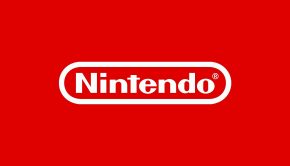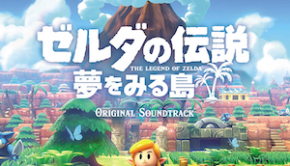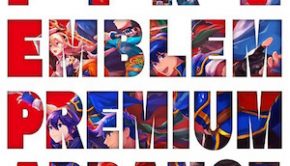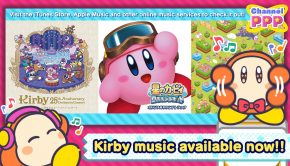Shinobu Nagata (née Tanaka) Profile
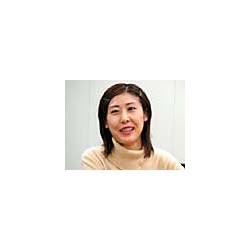 |
Also Known As: 永田 しのぶ / 田中 しのぶ / Shinobu Tanaka |
| Date of Birth: 197X (Japan) |
|
| Residence: Kyoto |
|
| Game Works: Mario Kart, Super Mario Sunshine, Brain Age |
|
| Official Site: Nintendo |
History
| Organisation | Type | Tenure | Role |
| Nintendo EAD | Game Developer | 1996 – | Composer |
| Nintendo SPD | Game Developer | 2007 – | Composer |
Biography
Shinobu Nagata (née Shinobu Tanaka) has extensively worked on the Mario Kart series and casual games for Nintendo. Though little is known about her background, Tanaka learned to play the piano and compose music from a young age. After graduating from university, she joined the sound department of Nintendo Entertainment Analysis and Development in 2000. She debuted the company writing the event music for the life simulation game Animal Crossing under the lead of Kazumi Totaka. Even in her debut, Tanaka’s unique approach to writing music stood out on the tracks to celebrate special events such as Christmas and Happy New Year; instead of emphasising strong melodies like her colleagues, she built up atmosphere using a blend of whimsical phrases, tuned percussion rhythms, and warm timbres. The artist also worked on the GameCube launch title Luigi’s Mansion. While Kazumi Totaka produced most of the thematic material, she added to the game’s dark atmosphere with subsidiary themes for certain events and areas.
Tanaka was subsequently given the opportunity to produce approximately half of the score for Super Mario Sunshine alongside Koji Kondo. She provided most of the game’s later stage themes — giving a unique ambience of locations such as Mare Bay, Sirena Beach, and Pianta Village using exotic instruments and jazz references — while contrasting the heroic and villainous throughout the event themes. No soundtrack was released, though some themes from the game were included in the compilation Happy! Mario 20th ~ Super Mario Sound Collection. The following year, she took the leading role for the first time on Mario Kart: Double Dash!! The diverse race tracks featured a more frantic atmosphere to its predecessor, with their ever-changing phrasing and bombastic harmonisation, reaching more intense variations during the final lap. It is believed that she fell in love with her co-composer, Mario Kart 64’s Kenta Nagata, while working on this project and they married several years later.
Tanaka went on to score Mario Kart DS in her first solo project. Supported by some of the most technologically commanded use of the DS’ synth, she created memorable original themes that were often a step above their predecessor and also arranged a variety of other themes for the series to accompany the retro tracks. Contrary to other reports, she had no role in the series’ arcade spinoffs. She concluded her time at Nintendo EAD by leading the score for Wii Play, nine mini-games intended to demonstrate the capacity of the WiiNote. Her subdued, jazz-tinged music certainly matched the on-screen visuals and laid-back gameplay. Indeed, her musicianship proved a good fit for the casual, ambient style conceived for the Touch! Generations line in general — perhaps even more so than her other projects. Shortly after completing Wii Play, she married her partner; while credited as Shinobu Tanaka on the end credits, she was credited as Shinobu Nagata on copyright databases.
After tying up her work on Wii Play, Shinobu Nagata transferred to Nintendo Software Planning & Development at the start of 2007. Given the developer’s focus on casual titles, it was clear that Nagata would be an ideal fit at the company. With her debut on the company, she offering a range of soft, meditative music for the DSiWare’s Brain Age Express under the direction of Kenji Yamamoto. Since then, she has supplemented the 3DS sequel Brain Age: Concentration Training and worked on the auditory-focused mini-game compilation Kiki Trick with various tracks, many reminiscent of her work on Wii Play. Working as part of an ensemble team on both scores, she and her colleagues complemented the game with a combination of lively theme tunes, ambient underscore, and rewarding jingles. With years of experience composing a range of video games, it remains to be seen whether Nagata will take the lead on some of Nintendo SPD’s future productions.
References:
– Various Game & Album Credits
– VGMdb Discography
– Interview with Nintendo (Japanese, December 2003)
© Biography by Chris Greening (September 2007). Last updated on May 20, 2012. Do not republish without formal permission.
Posted on May 20, 2012 by Chris Greening. Last modified on March 21, 2014.

